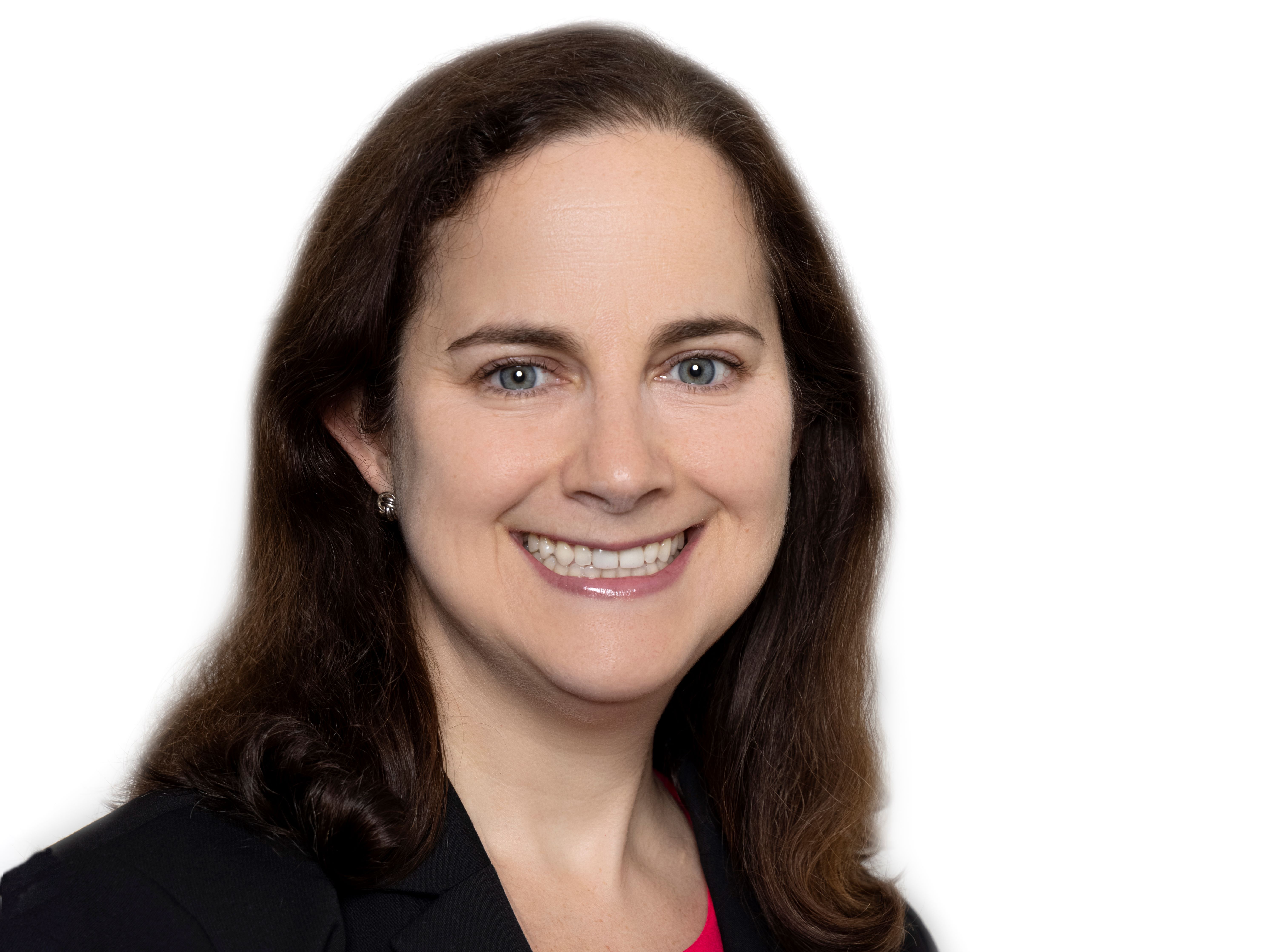Palliative Medicine Education Provides Essential Knowledge
SOM Students Can Gain Experience in Palliative Medicine Through Fourth-Year Elective

The needs of those facing serious illness, such as cancer or heart failure, extend far beyond the physical. They include addressing psychological, social, and emotional stresses for both the patients and their caregivers. This is when the importance of palliative medicine becomes paramount, with the goal of improving the quality of life for both patients and their families—essential knowledge for all future physicians.
Focused on providing patients with relief from the symptoms, pain, and stress of a serious illness—whatever the prognosis—palliative medical care is a team effort with specially trained physicians, nurse practitioners, social workers, and chaplains working together with the patient’s other clinicians to provide an extra layer of support.
In the last two decades, the field of palliative medicine has shown stunning growth, growth that Mara Lugassy, M.D., clinical assistant professor of medicine at New York Medical College (NYMC) and section chief of palliative medicine at Westchester Medical Center (WMC), has witnessed firsthand.
“Palliative medicine fulfills a crucial role in patient care. As our population ages and more people live with chronic diseases, physicians must be adept at addressing the unique needs of people living with serious, sometimes terminal, illnesses. Every future physician, regardless of their intended specialty, would benefit from increased exposure to palliative medicine,” says Dr. Lugassy, who is board-certified in both neurology and hospital and palliative medicine.
Since Dr. Lugassy took the helm of WMC’s palliative medicine program in 2020, patient referrals have skyrocketed by nearly 50 percent to approximately 1,300 referrals per year—representing more than eight percent of all adult patients at WMC.
“Palliative medicine is often misunderstood as being only about end-of-life issues, but it’s so much more. It encompasses pain management, coordination, and communication of care plans among all providers, factors in caregiver need, as well as methods of enhancing the quality of life for patients with chronic illness and a high symptom burden,” says Dr. Lugassy. “And while many patients will ultimately succumb to their illnesses, we can do our part to provide some relief to them and their families during their journey.”
Medical students at NYMC have the opportunity to gain experience in palliative medicine through an elective offered to fourth-year students in which they grow their knowledge and skills in symptom management, communication in support of patients and families, and working as part of a collaborative interdisciplinary care team.
“I pursued the palliative medicine elective to learn more about the communication skills and other soft skills that are not often at the forefront of our preclinical and clinical training and understand how to have conversations with patients and their caregivers about their goals for their treatment, essentially, to explore the humanities aspect of medicine more,” says Tiffany Ming, SOM Class of 2024. “By working with clinicians, social workers, and chaplains, I got a multidisciplinary understanding of how the different parts of the team interacted and aided in the patient's palliative treatment goals. This experience has underscored to me the importance of recognizing and valuing the ‘other half of the hospital’ – the emotional, psychological, and existential aspects of patient care. Through this rotation, I feel poised to be on the way to becoming a more well-rounded and compassionate physician who can hopefully make a difference in the lives of my patients.”
“My time on the palliative care rotation was one of the most rewarding clinical experiences I have had throughout medical school,” says Jamie Mathew, SOM Class of 2024. “As I think back on this rotation, I remember some of the nice words that patients would have for the team, including, ‘Thank you for understanding,’ “Thank you for being here with us through this’. Every member of the palliative team plays such an important role in patient care. I have learned in-depth about many diverse cases, treatments, and management plans, and I have also learned a lot about myself and reaffirmed the type of physician I aspire to be. No matter what field of medicine I decide to go into, I will take what I have learned in this rotation with me in my patient encounters. I will listen to them, care for them holistically, prioritize their goals, and work with them and their families to provide the best care that I can.”
